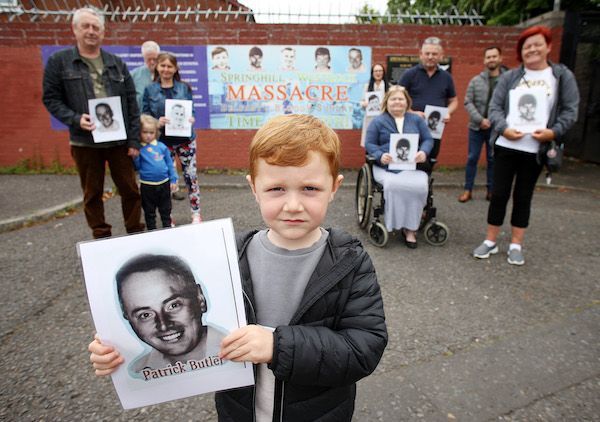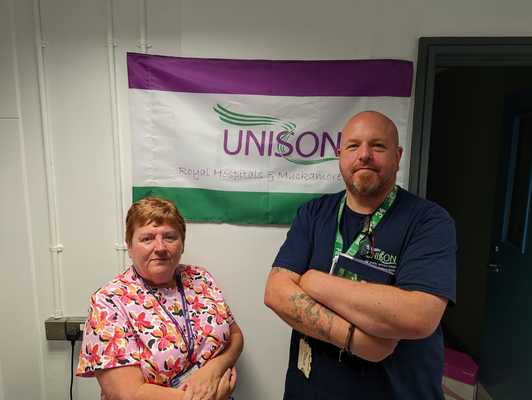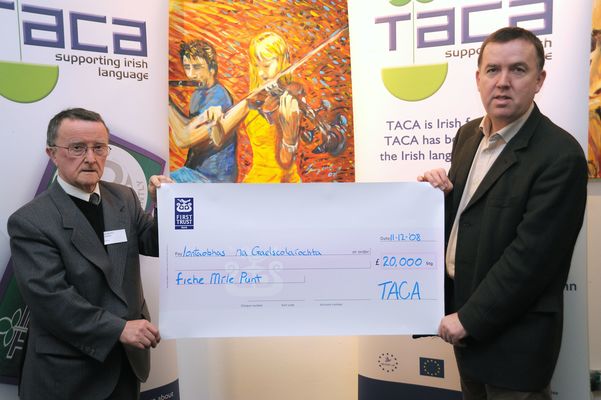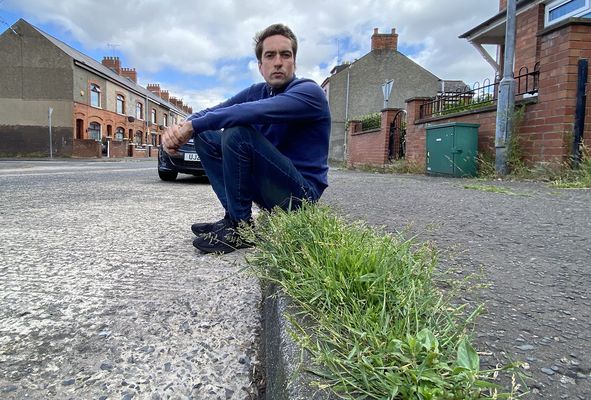THE granddaughter of a man murdered during the 1972 Springhill-Westrock Massacre, which is set for a fresh inquest, has vowed to resist the British Government's amnesty proposals.
On July 9 1972, five innocent people – including three teenagers – were shot dead by the British Army between the Springhill and Westrock estates in West Belfast.
The deaths of Margaret Gargan (13), John Dougal (16), David McCafferty (15), father-of-six Patrick Butler (38), and local parish priest Fr Noel Fitzpatrick (42), were never properly investigated. Despite evidence of their innocence, including eyewitness accounts of the events, an inquest held at the time returned an open verdict.
New inquests into the killings were directed by the then Attorney General John Larkin back in 2014. Earlier this year, the families had their case listed for a pre-inquest hearing, which is expected in the next 12 to 18 months. However, British Government proposals to introduce a statute of limitations on Troubles killings and crimes prior to 1998 has cast doubt over the case.
Natasha Butler, whose grandfather Patrick Butler was amongst those shot dead, said: "We're currently waiting on a pre-inquest date, but with these (British government) proposals we're unsure where our case is.
"If these proposals are introduced, Boris Johnson will close down all legacy inquests, so that will close down all our access to truth and accountability.
"Even though he does plan to propose them, the families of Springhill and Westrock plan to keep fighting.
"For 49 years we've been waiting for some sort of recognition of the events of the 9th of July. To close that down is very, very hurtful.
Ms Butler said there was "never" a proper police investigation, with soldiers' accounts of events "taken for gospel".
She said the families of the victims were not legally represented during the investigation.
"This new inquest would be the first time that all the evidence would be looked at and cross-examined," she said.
"As we seen with the Ballymurphy inquest, the legacy process through inquest does work, it does get to the truth, and it does get recognition that excess force was used by the army. That's what we want. We want our loved ones' names cleared and vindicated. We want an apology for what the British army did in 1972, because it was wrong."








